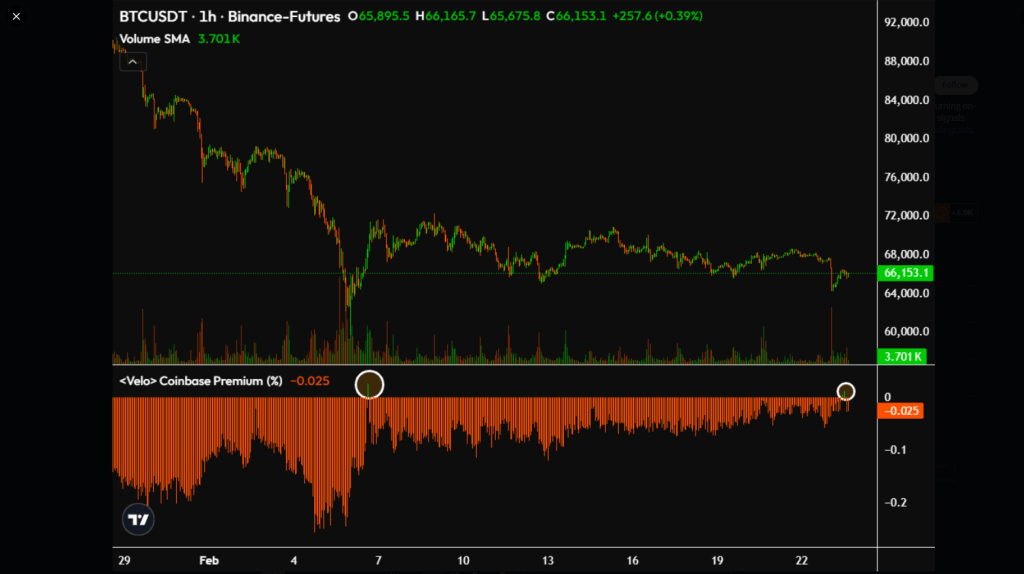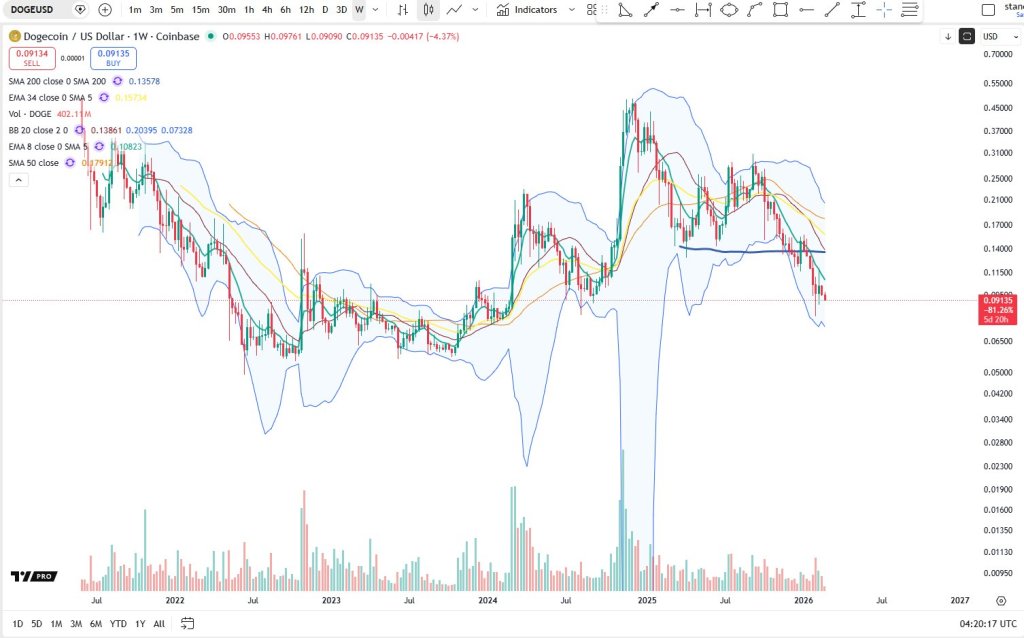
The healthcare system is fraught with inefficiencies. One of the biggest contributing factors to this is the mismanagement of the massive volumes of paperwork and documentation that sustains the sector. Not only do the endless obstacles in the path of the smooth functioning of processes become a source of annoyance, it unnecessarily raises costs, lowers patient satisfaction, and put people’s health at risk.
Medical practitioners are always looking to incorporate new technology to provide better care to patients. The newest innovation that promises to bring about a positive change in healthcare data management and the overall patient experience is blockchain.
Here are a few ways in which blockchain could benefit the healthcare sector:
01. Enhances trust in healthcare technology
Blockchains establish trust through cryptography in a network where parties find it difficult to trust each other or third parties. Instead of relying on external agents to validate information, smart contracts can help verify data. Additionally, a blockchain data management system limits access to sensitive records.
02. Distributed data
Distributed ledger technology enables the healthcare industry to store patient data in every node of a blockchain platform. Such an arrangement is much different from the centralized databases in use today and allows hospitals, insurance companies, and patients access to medical records. Improved coordination would address several pain points in the industry. Reducing the time taken to track information across systems would become possible with blockchain-based healthcare technologies.
03. Patient satisfaction
The benefits of blockchain would not be limited to consumers only and would be extended to hospital administration. Insurance companies could utilize the tech to track procedures and automatically pay healthcare providers for services. The increased efficiency is speculated to lead to savings and optimization of the industry.
A blockchain platform facilitates patient records, a history of medical procedures, and insurance claims. The result would be a lowering of redundancies and the prevention of financial losses.
However, the blockchain platforms best suited to healthcare would be a private one such as Hyperledger Fabric or Corda. Companies or a group of companies can determine the set of rules regarding who can access the data on a personal blockchain. Blockchain would give a patient an all-new level of transparency; maintaining data integrity is a more significant feature blockchain tech offers. The incentive of saving more for healthcare providers, insurance companies, and consumers could fuel a wider adoption of the innovation.





